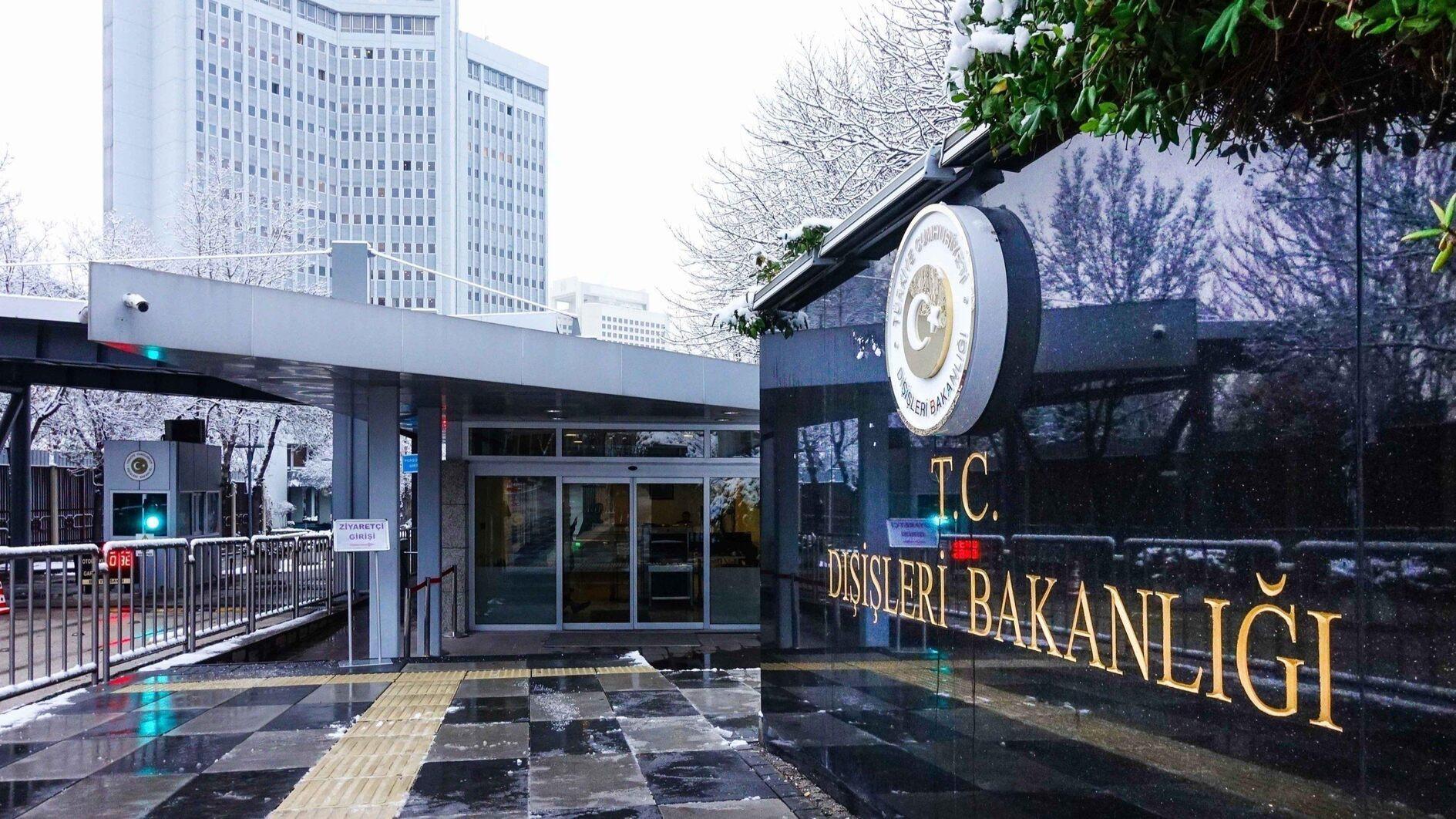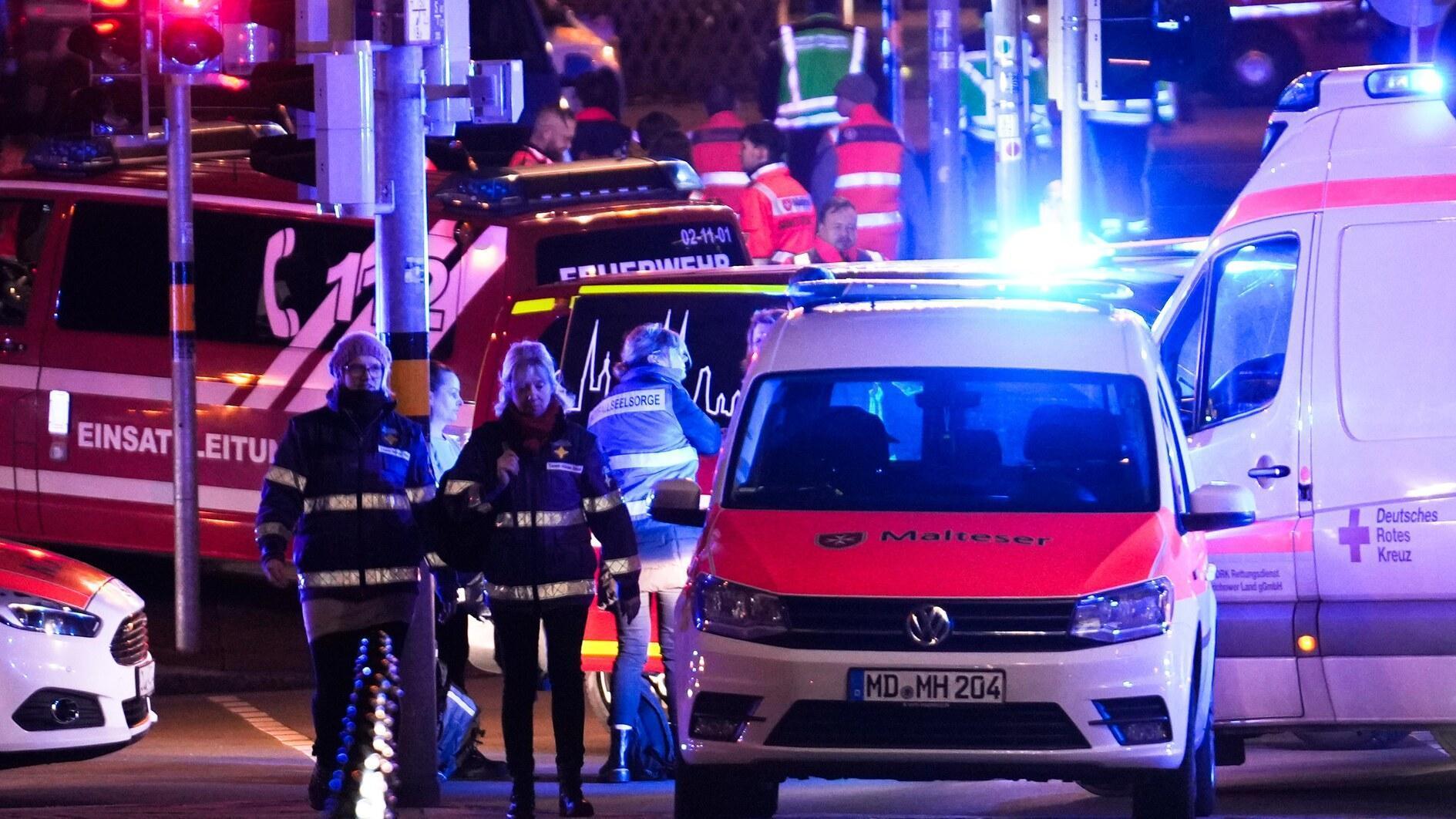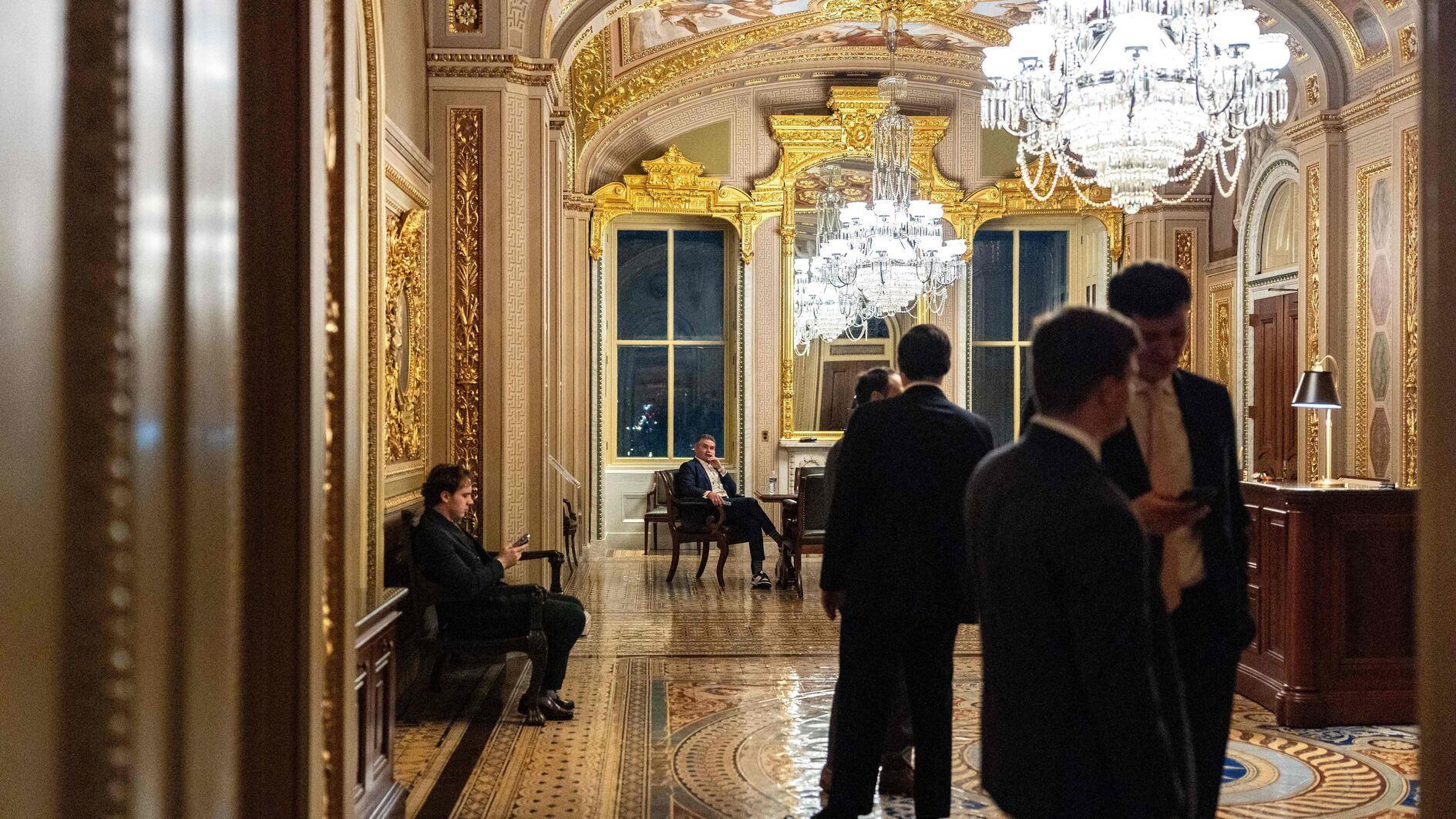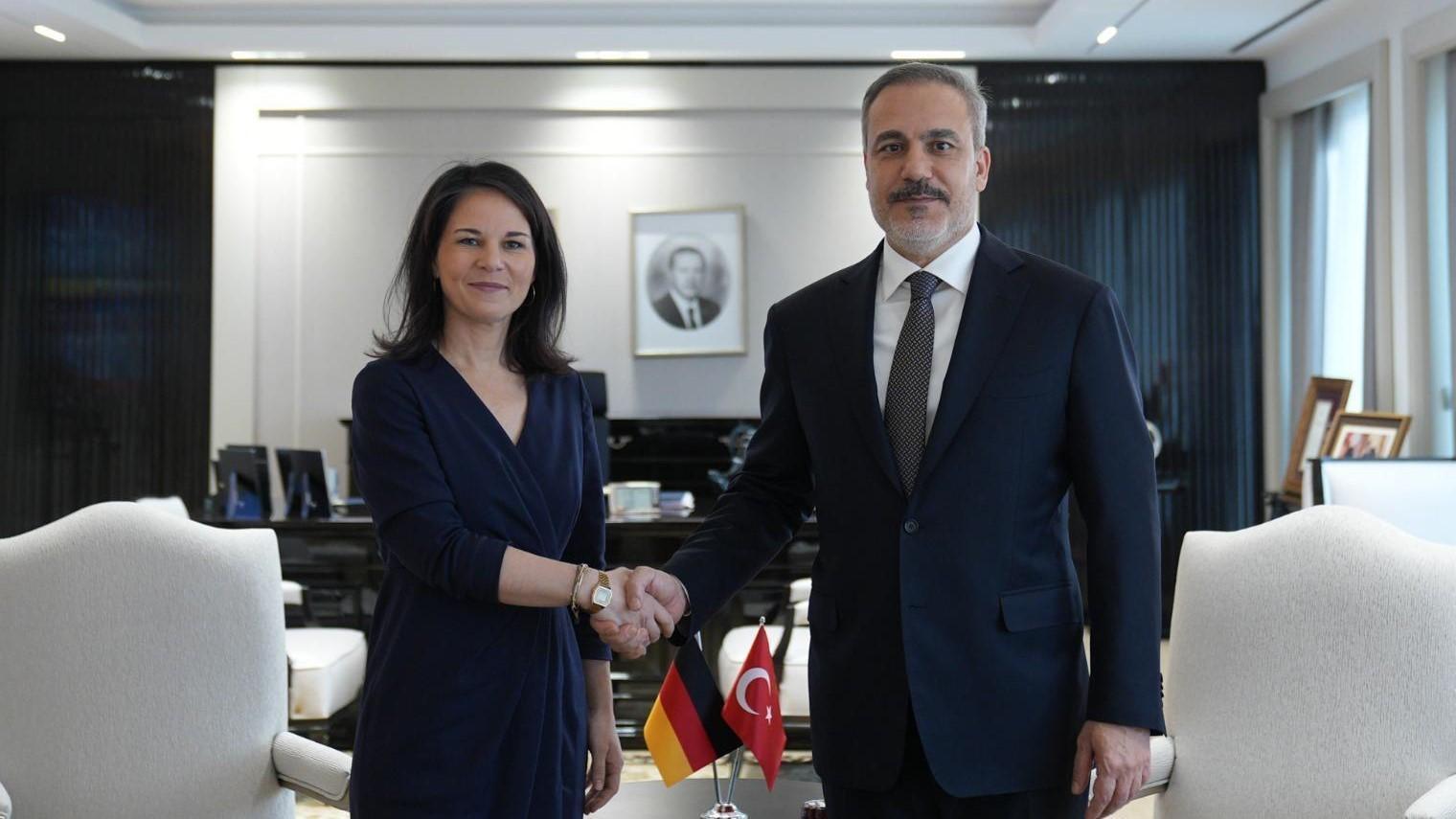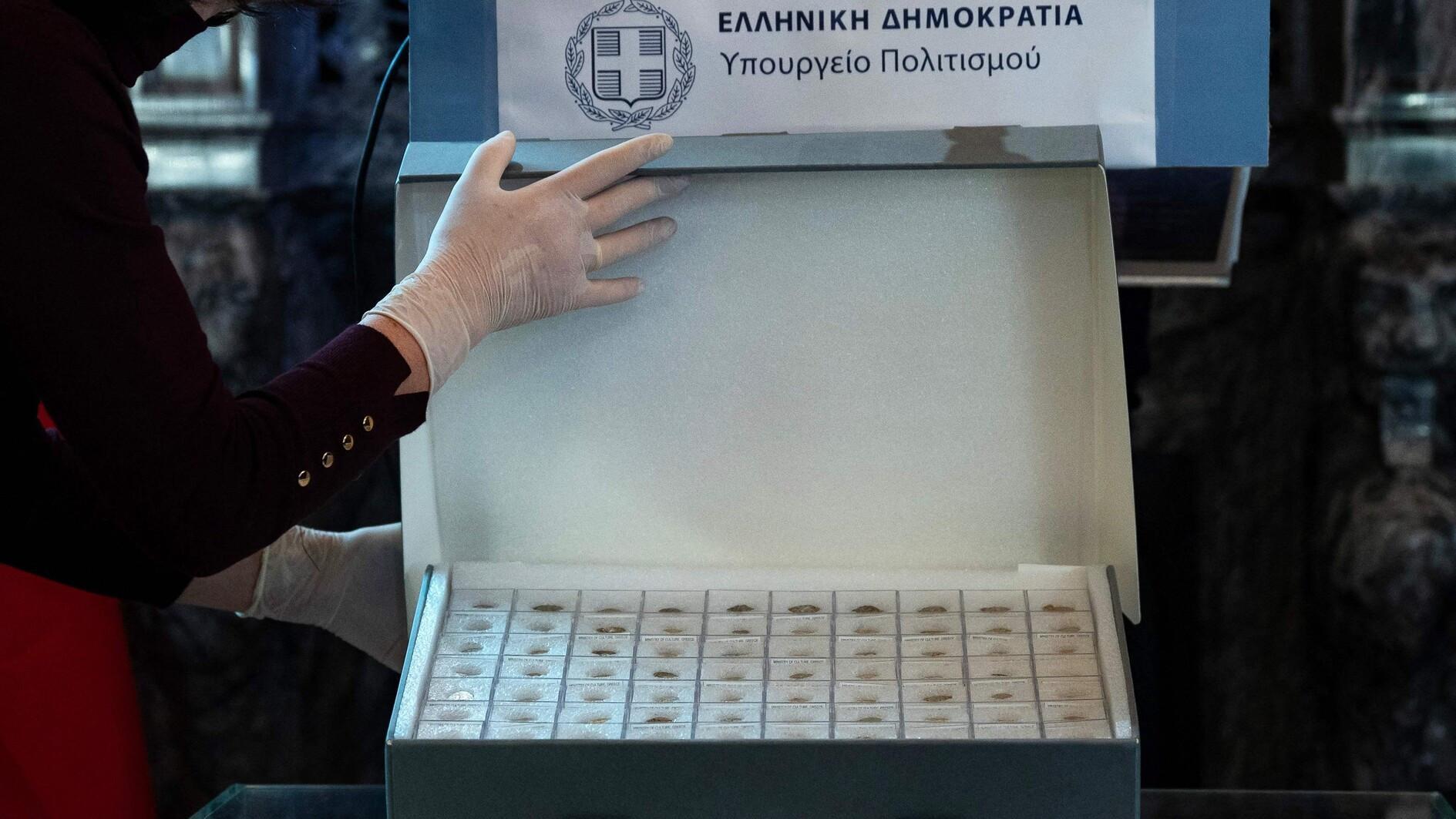Turkey is trying to make a smaller mistake
As there is no 100-percent-correct way to do this, there is a risk of saying the last word at the beginning, because the Turkish government had a very long day yesterday.
What Prime Minister Ahmet Davutoğlu had in mind for the day was to invite Chief of General Staff Gen. Necdet Özel to the Cabinet meeting and listen to his briefing on the latest along the Syrian and Iraqi borders and on the level of Turkish military contribution to the U.S.-led front against the Islamic State of Iraq and the Levant (ISIL). They would then dot the I’s and cross the T’s of the motions for parliamentary permission to be voted on Oct. 2, before revealing them to the public.
The Cabinet indeed convened in the morning hours yesterday. General Özel did not come alone; his deputy, the Land Forces Commander (who has spent almost a week inspecting the border troops) and his Chief of Operations were also with him. Soon, Foreign Ministry Undersecretary Feridun Sinirlioğlu and National Intelligence Organization (MİT) Chief Hakan Fidan were in the Prime Ministry building too.
In the meantime, Selahattin Demirtaş, the co-chairman of the Peoples’ Democratic Party (HDP), appeared at the Mürşitpınar crossing between Turkey and Syria, crossed the border into Syria, and went to the Kurdish town of Kobane, which has been under attack from ISIL for two weeks now. Upon his return, he called on the Turkish government (which has already opened the gates for Kurdish refugees from Syria) to aid the resistance of Kurdish fighters there. The point is that the Democratic Union Party (PYD) fighting against ISIL is actually the sister party of the Turkey-origin outlawed Kurdistan Workers’ Party (PKK).
The PKK shares a common grassroots structure with the HDP, and since the PKK launched its armed campaign in 1984, some 40,000 people have been killed in clashes with Turkish security forces. Two years ago, President Recep Tayyip Erdoğan initiated proxy talks with imprisoned PKK leader Abdullah Öcalan via the MİT to pursue a political settlement. Demirtaş had met with Salih Muslim, the leader of the PYD in Kobane, and said on his return that Turkey’s policy toward Kobane and the PYD could risk this dialogue.
When it was announced that Davutoğlu will meet with Demirtaş on Oct. 1, the news that there was a break in the Cabinet meeting hit the wires. It would continue after a security meeting chaired by Davutoğlu, which many ministers would be left out of but the security bureaucracy – Özel, Sinirlioğlu and Fidan – would join.
This is important because the Kurdish issue is not the only additional burden that is influencing Turkey’s decision on joining the military campaign against ISIL; there is the Syria factor too.
Davutoğlu said clearly on Sept. 29 that the government wants neither ISIL nor the Bashar al-Assad regime on the other side of the Syrian border. Ankara is uncomfortable with the fact that al-Assad could remain in power in Syria after the three-year-long civil war there, due to the fight against ISIL.
There are two more complicating factors. The Turkish people are not keen on having a war with their neighbors anymore. Hosting cross-border operations against the PKK was tolerable up to a certain extent, as were responses to cross-border attacks. But Parliament declined to allow the government to actively join the U.S.-led campaign in Iraq back in 2003. The Turkish people will again question sending troops to either Iraq or Syria - other than for immediate or humanitarian responses – let alone to force the Syrian leadership to step down.
The last factor concerns questions in Ankara about whether establishing safe-havens in Syrian territory without the consent of the U.N. (as Russia suggested), or at least a NATO decision, complies with international law.
Under these circumstances, it is very difficult for the government to make a 100-percent-correct decision regarding the anti-ISIL fight. The effort is actually focused on making the smaller mistake.



